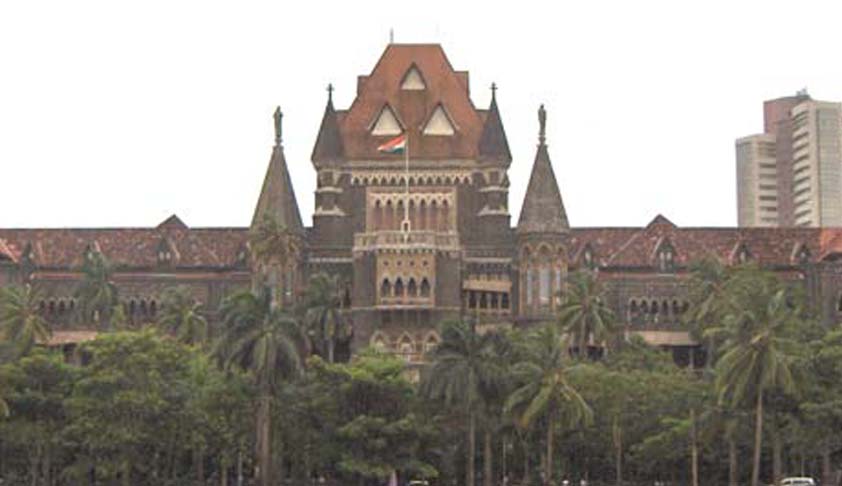In cases of Domestic Violence Act women could be made respondents: Bombay High Court
LIVELAW NEWS NETWORK
7 Jan 2014 4:18 PM IST

Next Story
7 Jan 2014 4:18 PM IST
According to a Bombay High Court ruling, women could be made respondents in the cases under Protection of Women from Domestic Violence (DV) Act, 2005. While setting aside revisional court order, Justice Abhay Thipsay allowed the application of a housewife, but added that proceedings under the Act cannot be compared to a criminal trial.An application was filed by the housewife under Section 12...
